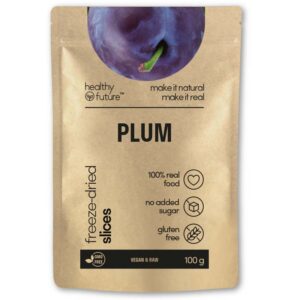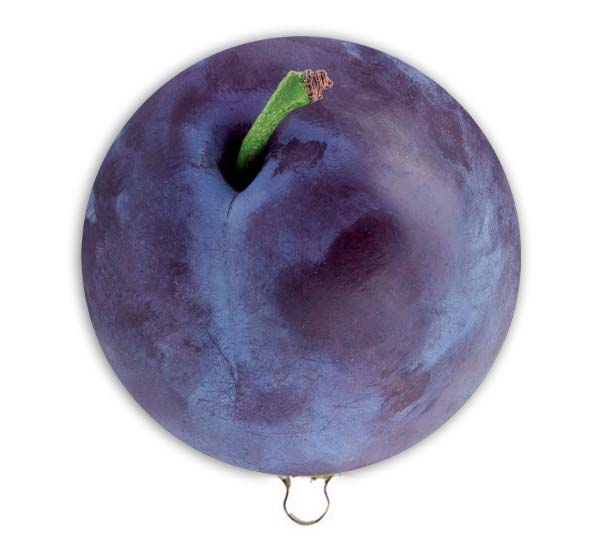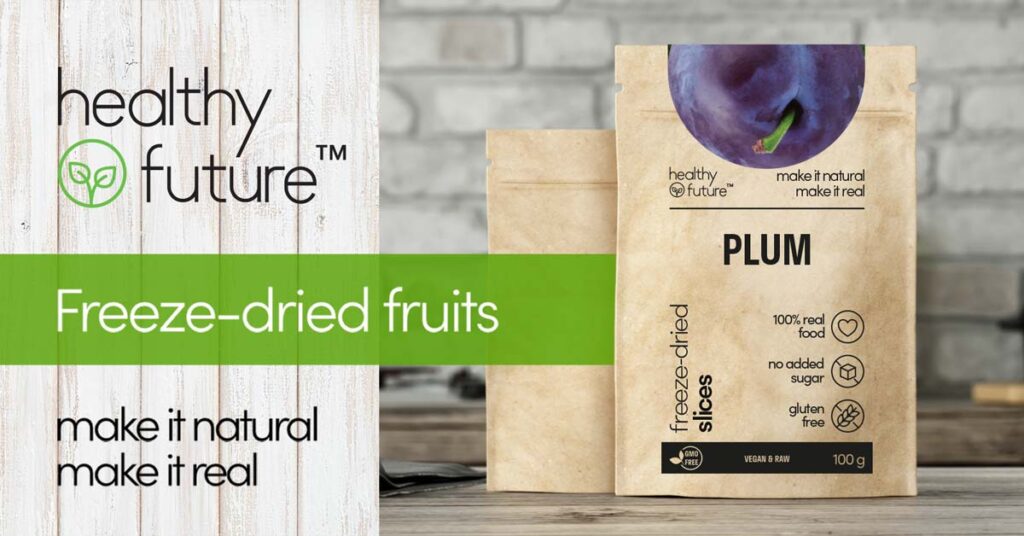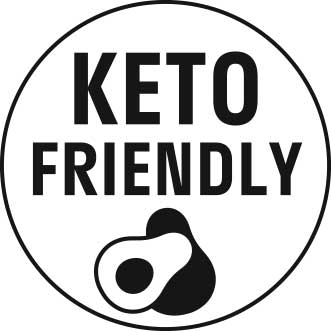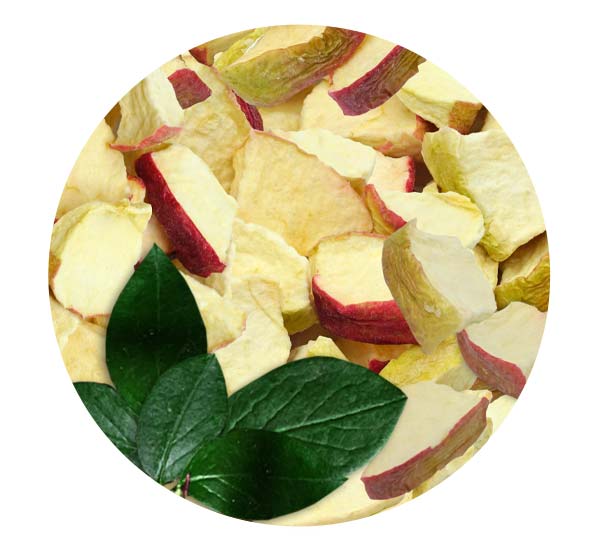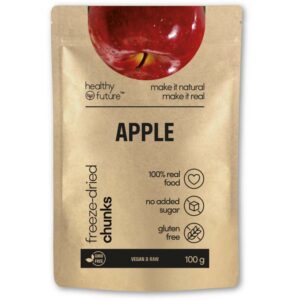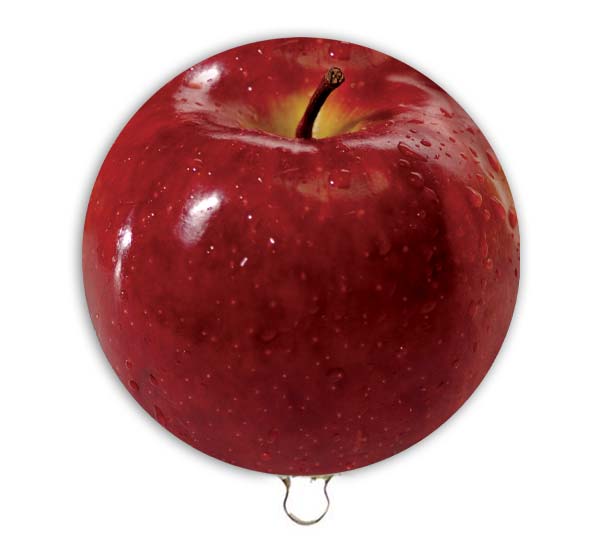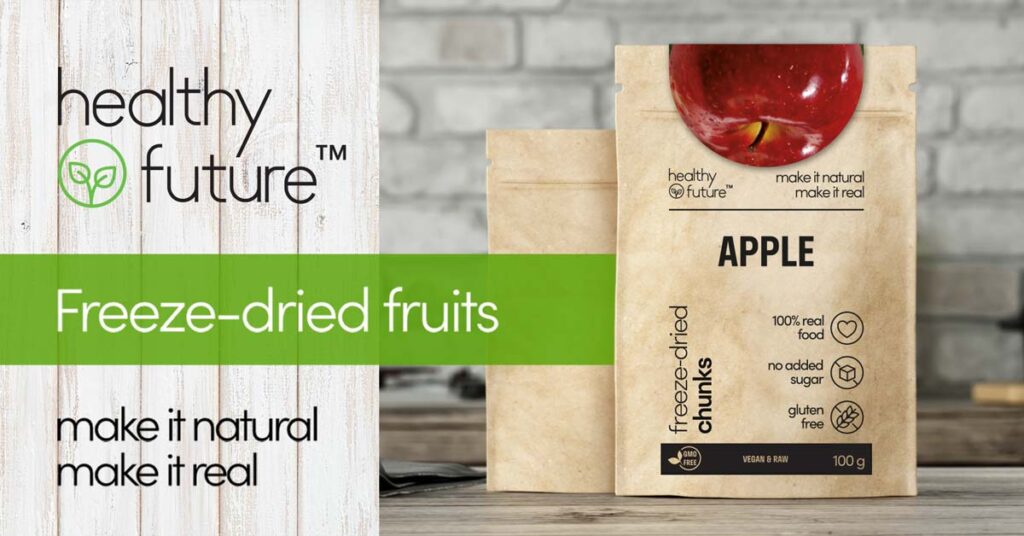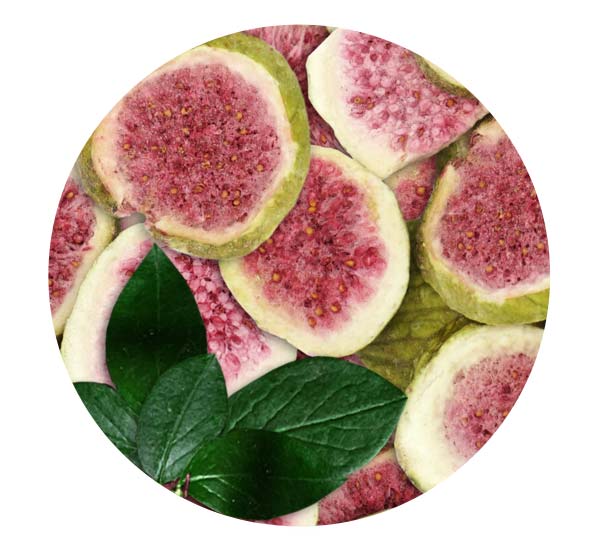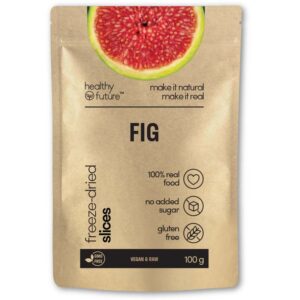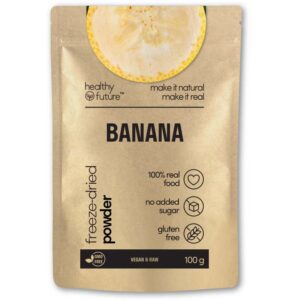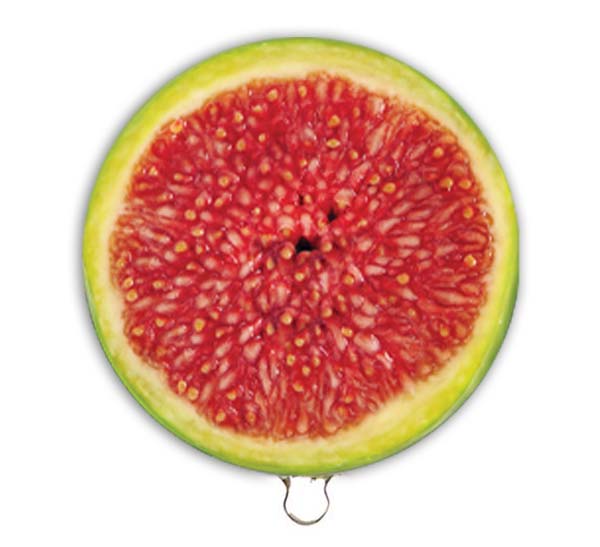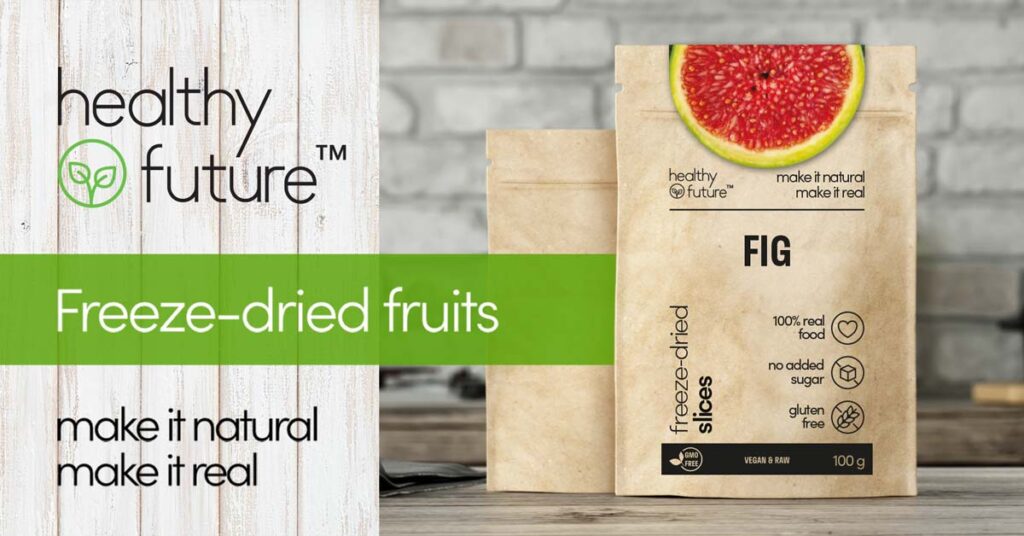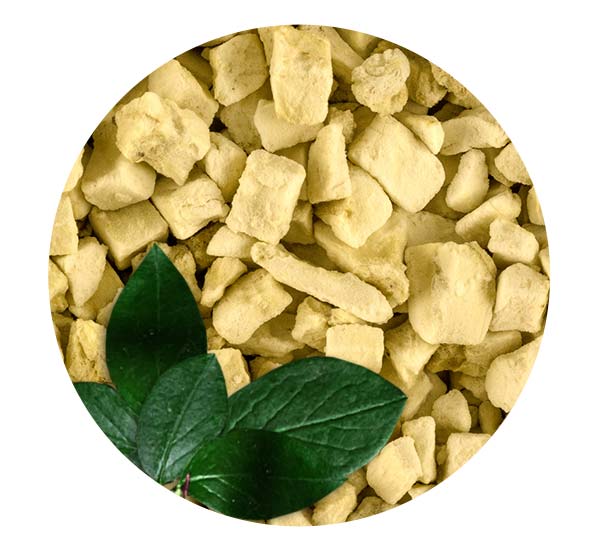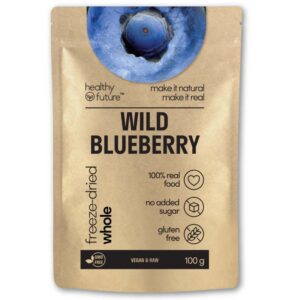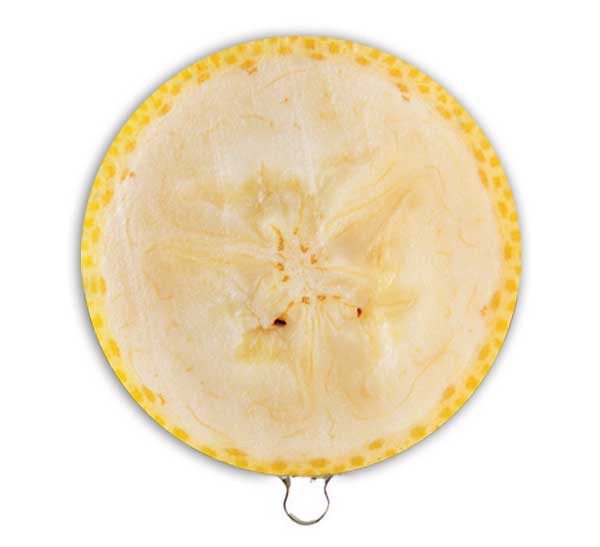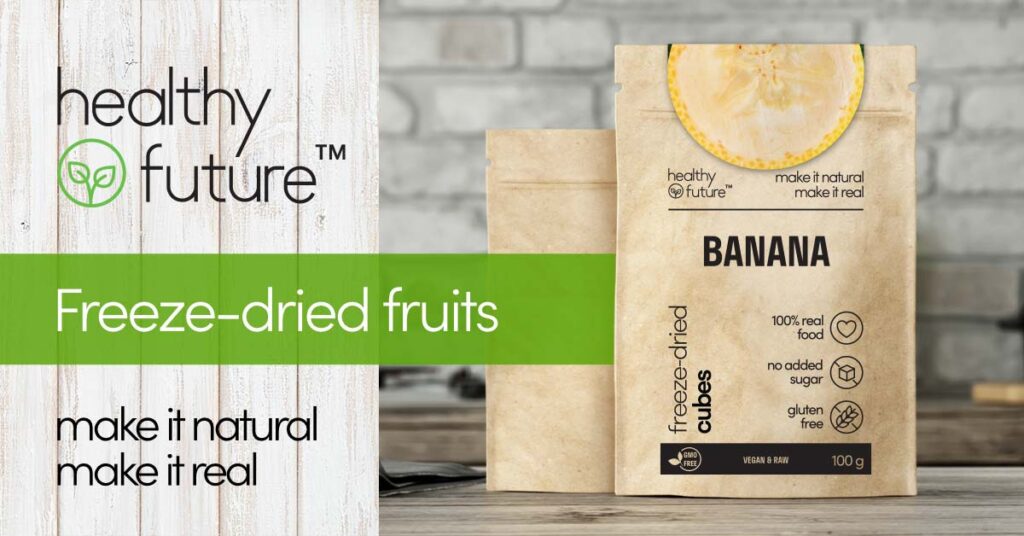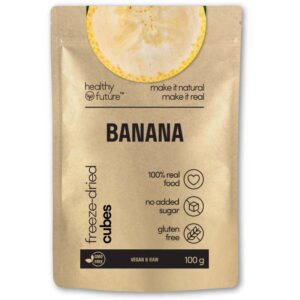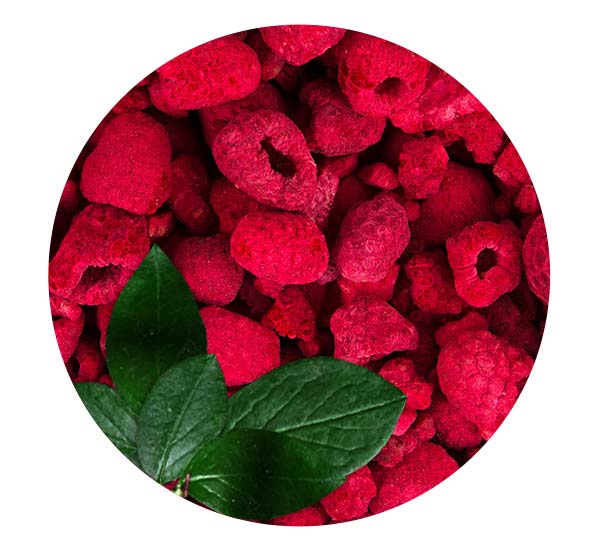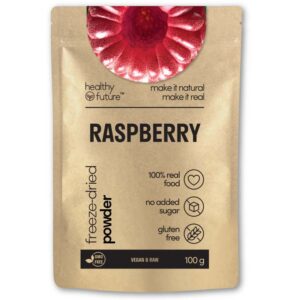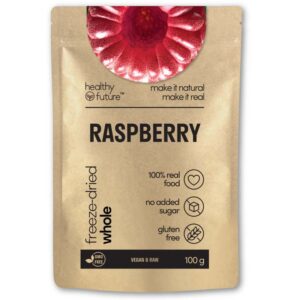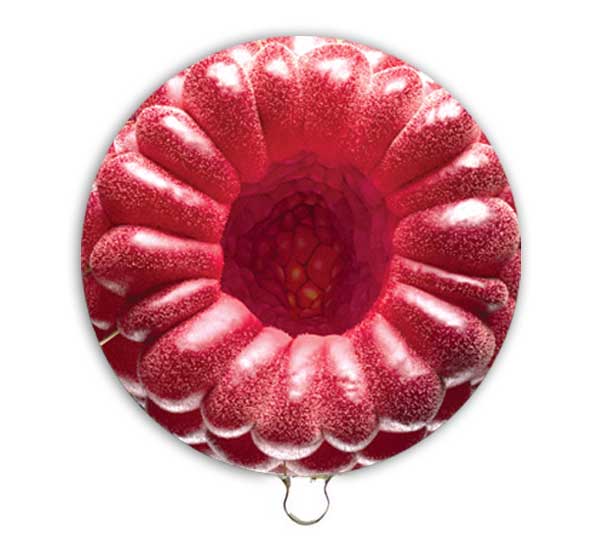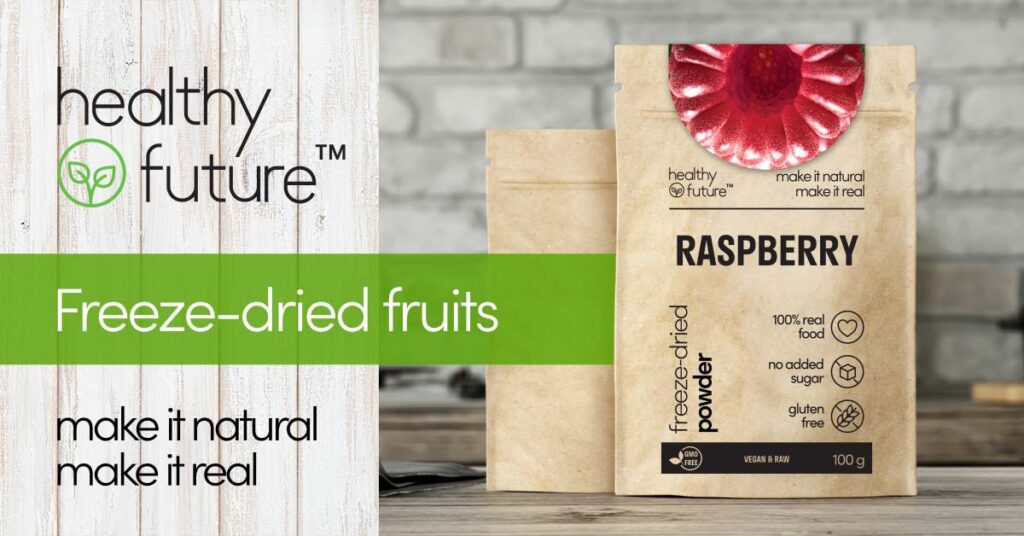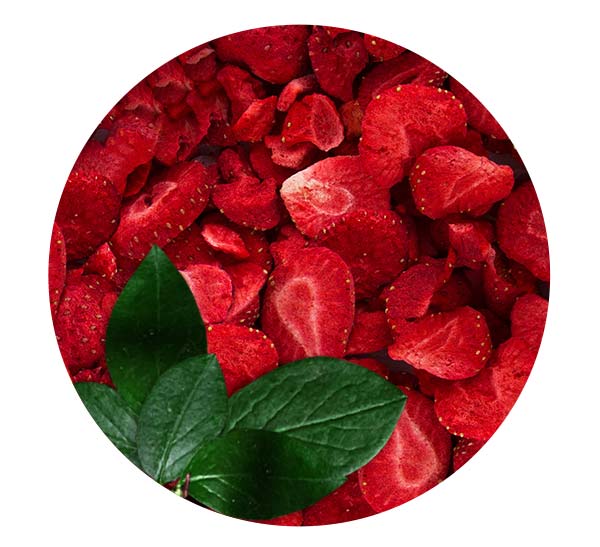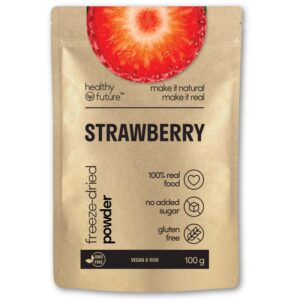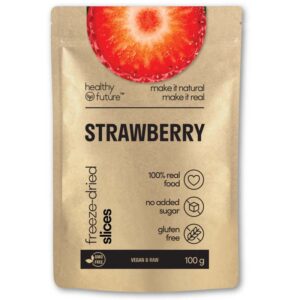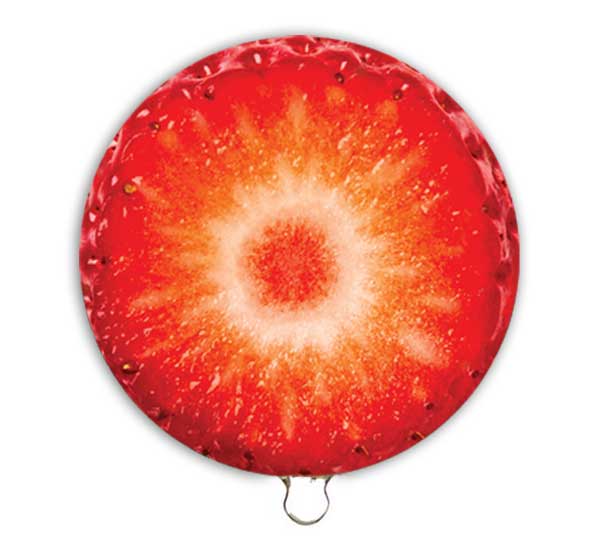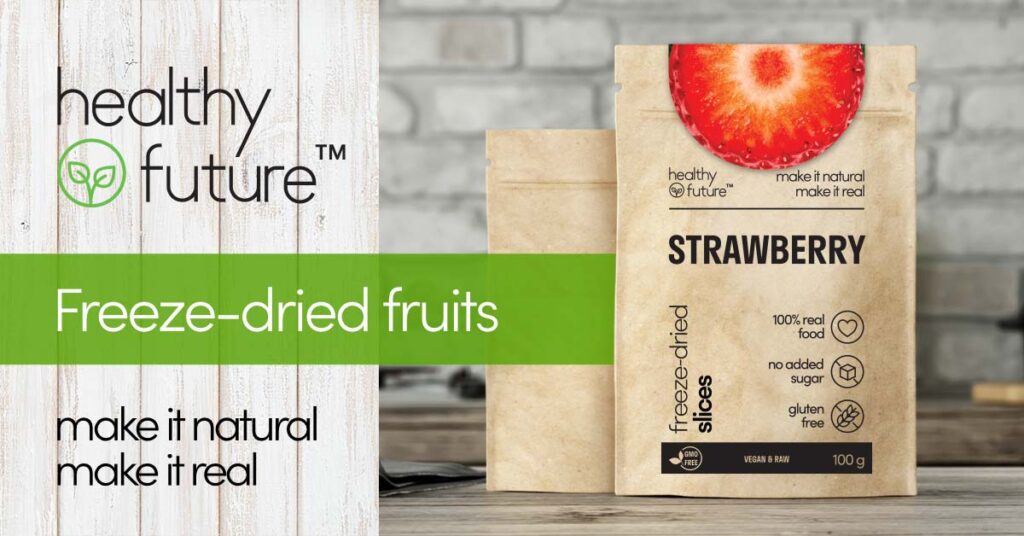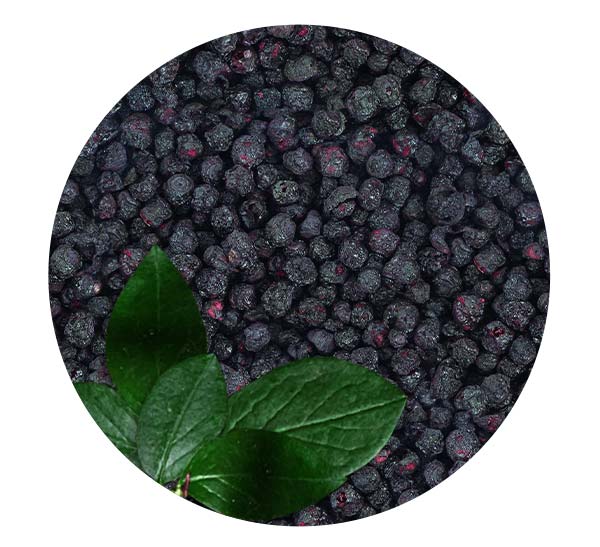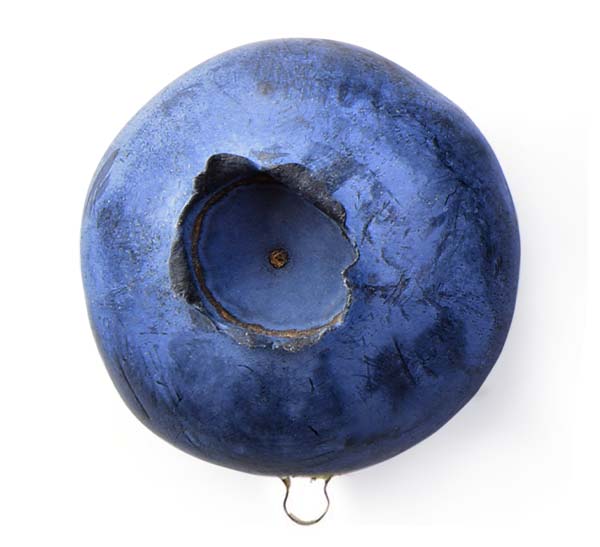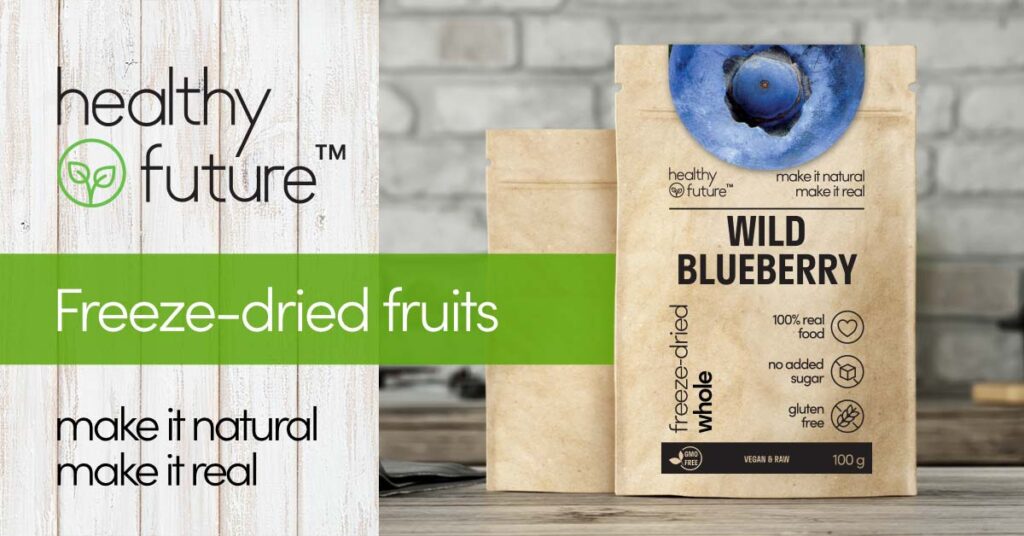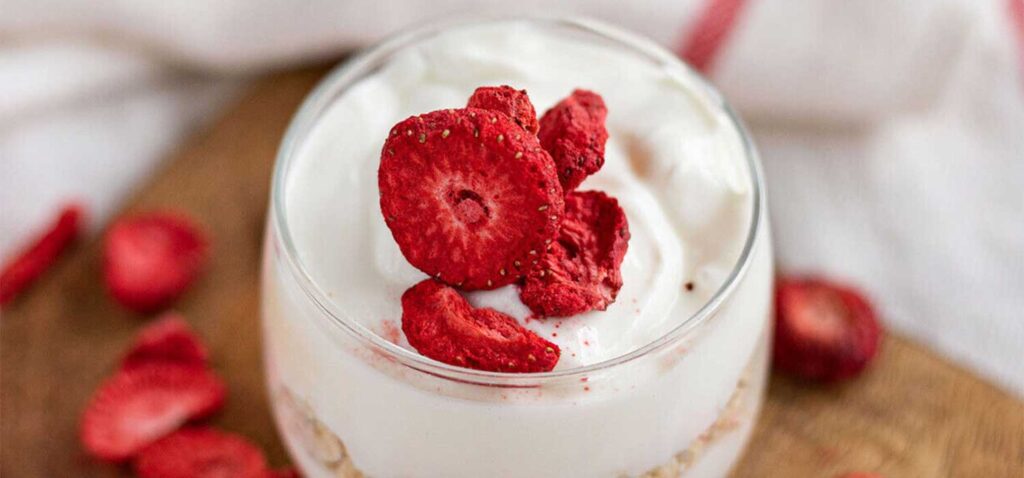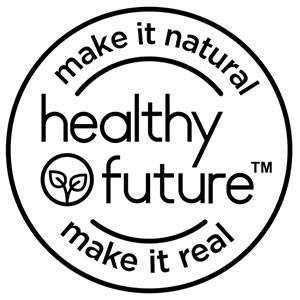Plum tart
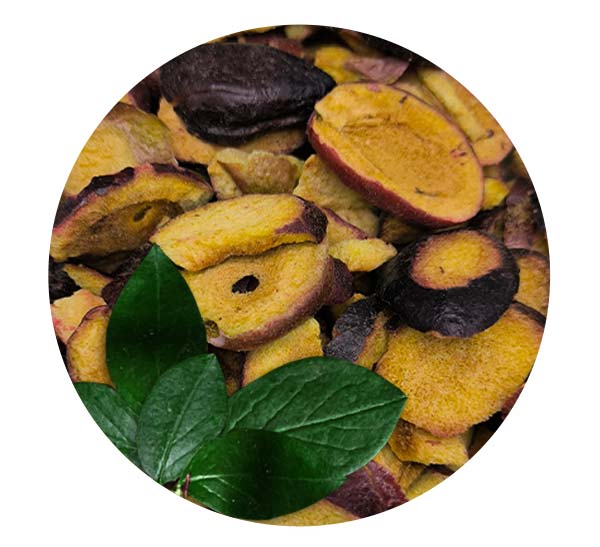
Freeze-Dried Plum and Chocolate Tart
Ingredients:
- 1 ready to use pastry
- 1 cup freeze-dried plums, finely chopped
- 1 cup double cream
- 8 ounces dark chocolate, chopped
- 1/2 cup custard sugar
- 1 teaspoon vanilla extract
- 2 eggs, lightly whipped
- pinch of salt
- Prepare the tart shell: Preheat the oven to 175°C (350°F). Press the pastry into a tart tin, trimming off any excess dough. Bake for about 10 minutes, then remove from the oven and set aside.
- Prepare the filling: In a saucepan, heat the double cream until it is just beginning to boil. Remove the saucepan from the heat and add the chopped chocolate, stirring until it is completely melted and smooth. Stir in the custard sugar, vanilla extract, and a pinch of salt, mixing well.
- Add the freeze-dried plums: Gently fold in the freeze-dried plums, ensuring they are well incorporated into the chocolate mixture.
- Finalise the filling: Allow the mixture to cool slightly before slowly adding the whipped eggs, stirring continuously.
- Bake the tart: Pour the filling into the prepared tart shell, smoothing the top with a wooden spoon. Bake in the preheated oven for about 25-30 minutes, or until the filling is set and the tart is slightly puffed.
- Serve: Allow the tart to cool completely before slicing. Serve the slices with whipped cream or a scoop of vanilla ice cream for an extra indulgent touch.
Try our freeze dried raspberries
Guilt-free food for taste!

